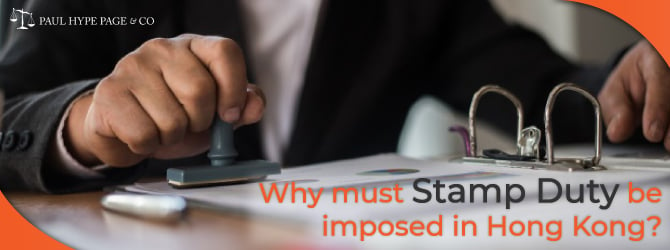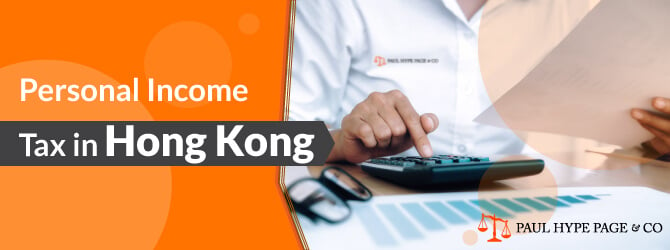What’s in this article
Hong Kong is one of the few locations in the world where capital gains are not subject to taxation. However, any taxpayer who receives any shares or options as part of the remuneration earned from working in Hong Kong will be taxed. Such a taxpayer is to be taxed at Hong Kong’s usual income tax rate related to the value of the options or shares at the end of any vesting period minus any amount paid by the taxpayer in question for the grant.
Capital Gains Tax in Hong Kong
Should any part of the vesting period be spent outside Hong Kong, the amount of tax to be paid in Hong Kong will be proportional to the amount of time spent working in Hong Kong. One should also note that Hong Kong is not part of many double tax agreements. Therefore, taxpayers of Hong Kong do not have many opportunities to avoid the effects of double taxation. Taxpayers moving to Hong Kong may need to pay full income tax on vested shares both in Hong Kong and their home country.
For the same reason, a taxpayer who has left Hong Kong might have to pay double taxation on the unrealized capital gains of any vested shares owned. Hong Kong taxes capital gains on vested shares, which contrasts with its policy of not taxing unrestricted options or shares.
Income from professional trading activities in Hong Kong is taxed at the standard personal income tax rates.
Why Hong Kong Does Not Tax Capital Gains
Hong Kong does not tax capital gains because this lack of taxation is one of its key public policy positions. The government favours a relatively simple tax structure to maximize economic efficiency. Hong Kong is renowned internationally as a global trade hub. Therefore, it gains particular benefit from the free entry and exit of goods and products from all over the world. To support international trade, Hong Kong benefits from maintaining a simple tax structure.
The imposition of a capital gains tax would therefore introduce unnecessary complications into Hong Kong’s tax system.
Conclusion
Furthermore, the government of Hong Kong has placed a great deal of importance on economic growth. Therefore, its tax policies are geared towards ensuring that the economy of Hong Kong grows at the most rapid rate possible. This is achieved by making Hong Kong’s tax environment one of the most taxpayer-friendly in the world. The lack of a capital gains tax therefore helps Hong Kong achieve its economic goals.
If you would like further information on the tax system of Hong Kong and how taxpayers benefit from it, you may contact us at Paul Hype Page & Co. We will keep you informed about everything you might need to know as a taxpayer in Hong Kong. We’ll help you leverage eligible tax incentives to minimize your overall tax burden effectively.





